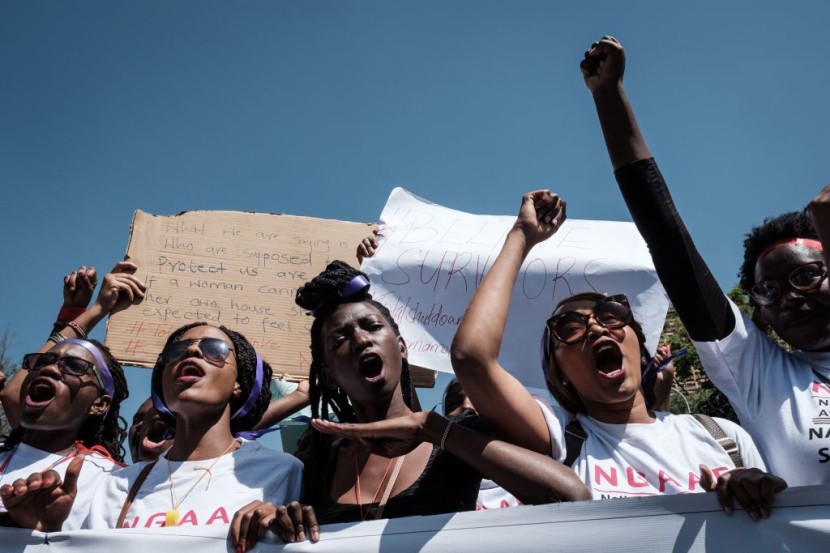Following the horrific killings of two women in Kenya, human rights organizations have demanded that the government immediately launch investigations into and prosecutions of femicide incidents in the country.
"This is a national crisis - we are not doing enough as a country to protect women," Audrey Mugeni told The Guardian. Mugeni is the co-founder of Femicide Count Kenya, a nongovernmental organization that tracks the annual killing of women in the country.

Female-Related Abuse, Deaths
The number of murders of women in Kenya hit 152 last year, the most in the previous five years, according to Femicide Count Kenya. The real number of homicides is likely to be far higher, as per representatives from the organization that observes reported incidents exclusively.
So far this year, there have been four confirmed occurrences of femicide. Two were brought to light by the media. One of them was the January 4 stabbing death of 26-year-old Starlet Wahu by a guy who is believed to be associated with a criminal ring whose members brutally extort and rape women they find on dating websites. There is an ongoing investigation, and a man is now in police custody.
Another lady, 24, was drugged and dismembered by a guy she had met in a leased apartment only two weeks after Wahu's corpse was found. Plastic bags were used to dispose of her body parts.
A countrywide poll conducted in 2022 found that more than one in three Kenyan women had encounters with physical abuse at some point in their lives. According to rights organizations, despite the existence of robust legislation and policies aimed at combating gender-based violence, their execution is severely lacking.
Mugeni emphasized the need to listen to women who report being victims of abuse. "Femicides don't just happen - there's usually a series of events that happens before it ends in [a killing] - so we need to pay more attention to that."
Incidents of women being murdered by stabbing, beating, mutilation, strangulation, and dousing in gasoline and set on fire have been documented since the 2019 establishment of Femicide Count Kenya. The majority of the casualties belonged to the 21-30 age group.
Victim Blaming
With the hashtags #StopKillingWomen and #EndFemicideKe, people are demanding a stop to gender-based violence in response to recent killings. On the other hand, there was a lot of finger-pointing at the victims, discussions about how safe the short-term rentals were where the women died, and recommendations that women should be more vigilant in protecting themselves, which is something that women's organizations think normalizes femicide.
"These notions dangerously suggest that women deserve harm for not exerting sufficient effort to ensure their safety," the Feminists in Kenya, a women's organization, wrote on social media.
© 2025 HNGN, All rights reserved. Do not reproduce without permission.








